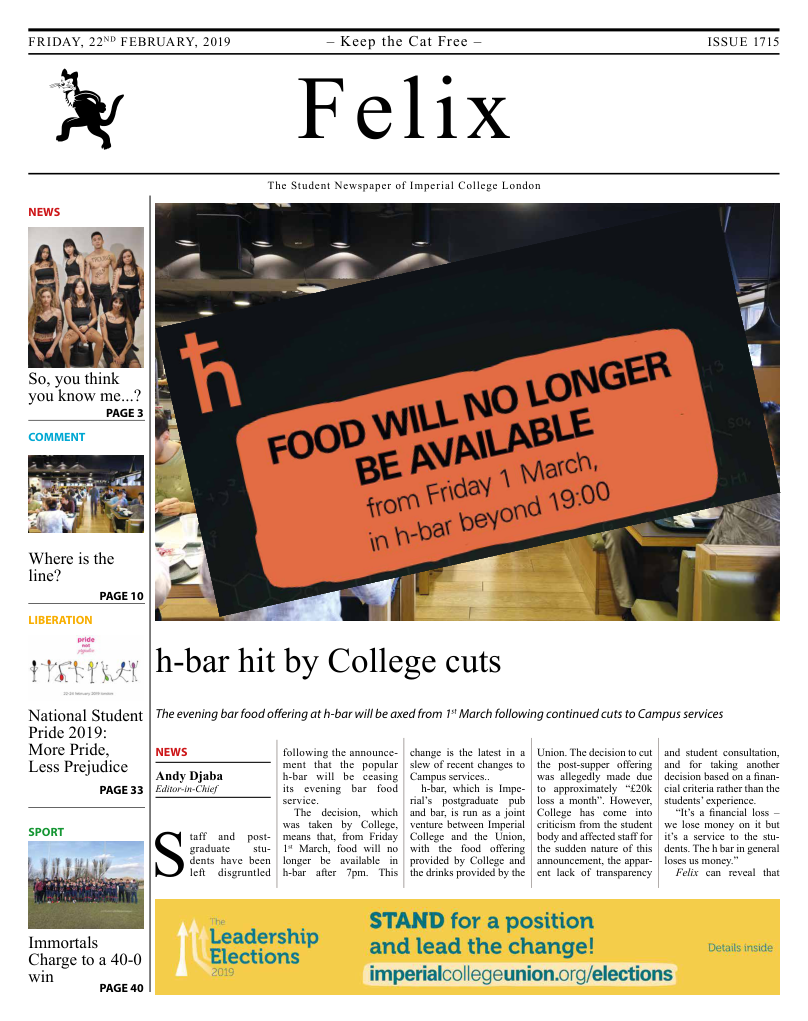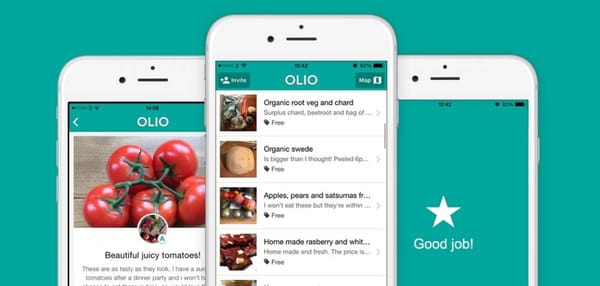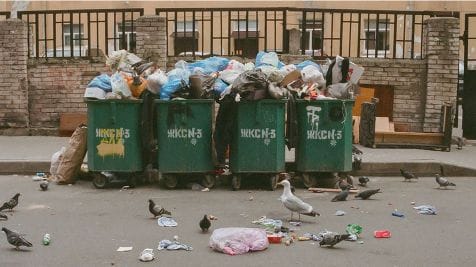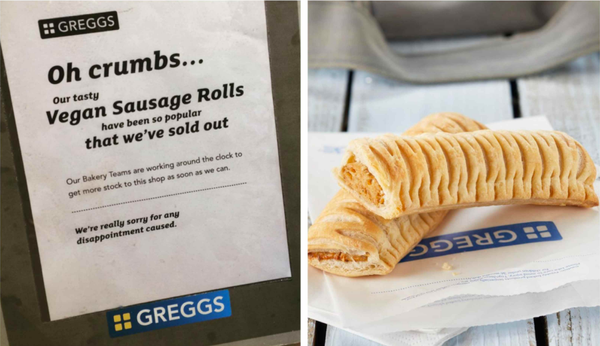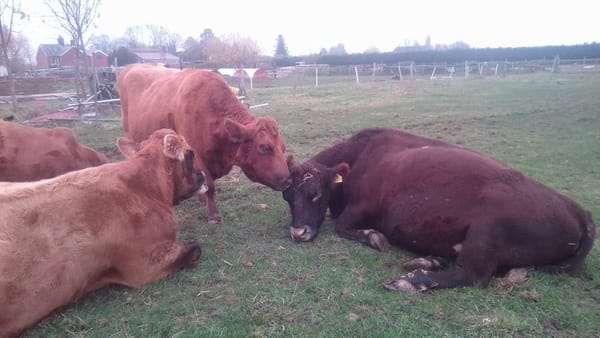Not yet (bothered to be) recycled
40% of plastic used in the UK is used only once. It’s time to rethink our use of this resource

From crisps to coke, and pears to pizzas, almost everything we buy today is wrapped, boxed or bottled in plastic. Disposable packaging is, by definition, used just once yet, according to the government recycling agency WRAP, they make up 40% of all plastic used in the UK. A key part to changing this is a change in culture, particularly around food packaging. We need to cut back on our individual consumption of plastics.
Plastics used for packaging primarily are made from virgin material. This is particularly true of plastic films which are largely made from polypropylene (plastic no 5) and polythene. Despite their extensive usage, only 19% of local authorities in the UK collect them, though many supermarkets do collect plastic bags. If you’re wondering which plastic is which, polypropylene gives crisp packets their characteristic crackle. If it crackles, it can’t recycled.
Plastic packaging has brought many benefits. It is used by retailers for good reason to prolong the lifetime of foods and to protect products. They are light, cheap, food-safe materials, and arguably help prevent food waste and fuel in transportation. However, they are being used excessively for the purposes of increasing appeal to consumers.
This excess is causing serious harm to economic and environmental sustainability. Plastic is not a renewable resource – globally its production consumes 8% of oil extracted - 4% for the raw material, and 4% in generating energy for production and processing.
In the UK, 10.9 million tonnes of plastic are used for packaging each year. That’s over half a kilogram per person each day. Some of this is hidden behind the scenes in transportation between production facilities or in the kitchens at restaurants. Yet regardless of where it is used, the key point is that, as a society, we consume too much of it. We choose, by buying cheap products with disposable packaging, to send around a half of plastic to landfill. It will stand as a testament of our wastefulness for generations to come. The largest structures which our species have built are not walls nor pyramids, but landfills (Fresh Kills Landfill in New York).
One might struggle to design a more optimal system for increasing the greenhouse gas content of our atmosphere, the plastic content of our seas and reducing the biodiversity of our ecosystems than our take, make and dispose plastics economy.
But surely it does not matter how much plastic we use if it is recycled?
Sadly, recycling is not a satisfactory solution. Firstly, at present, much of packaging used is virgin and has to be because of the poor quality of recycled material. Secondly, the Second Law of Thermodynamics tells us we will never be able to recover all of the plastic. Recycling bins are not magical alchemical cauldrons.
52% of plastic sent for recycling in the UK meets its fate in an incinerator. Recycling is far better than landfill, however it does give a false sense of security. It does not close the loop in our economy and causes other issues such as air pollution. Besides, much of the plastic which is recycled is exported to less wealthy countries where waste processing regulation is less stringent.
Within our personal lives, there are changes we can make to reduce our dependence on packaging. For one, avoid food packaged in materials not recycled in our area. Secondly, make use of our own containers. If we bring reusable containers to shops we could significantly cut back on waste production. The blossoming of coffee mugs from the rucksacks of students at the college since the introduction of the 25p levy on coffee cups are testament to this. Take this one step further and bring tupperware to serve food in. Catering outlets including the Tuesday farmers’ market have already agreed to serve food in containers brought by customers. Some supermarkets and smaller enterprises, such as Whole Foods, Eat 17 in Hammersmith and the Imperial Co-op (see above) have refill stations for nuts, pulses, beans and cereals which bypass use of plastic for pantry essentials.
Government could do more to prevent plastic from going to landfill. Eight EU countries, including Germany, Switzerland and the Netherlands, have banned disposing of plastic in landfill, ensuring all waste is recycled or used for energy generation.
We do not have a choice about whether we stop using oil-based plastic as, eventually, we will run out of affordable crude oil. Let’s use this incredible material a bit more resourcefully.

